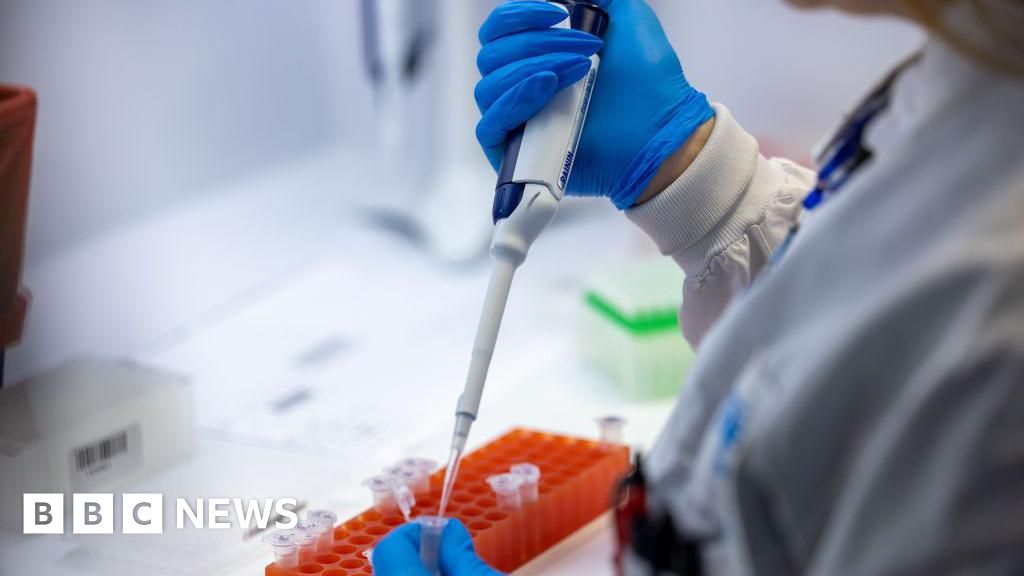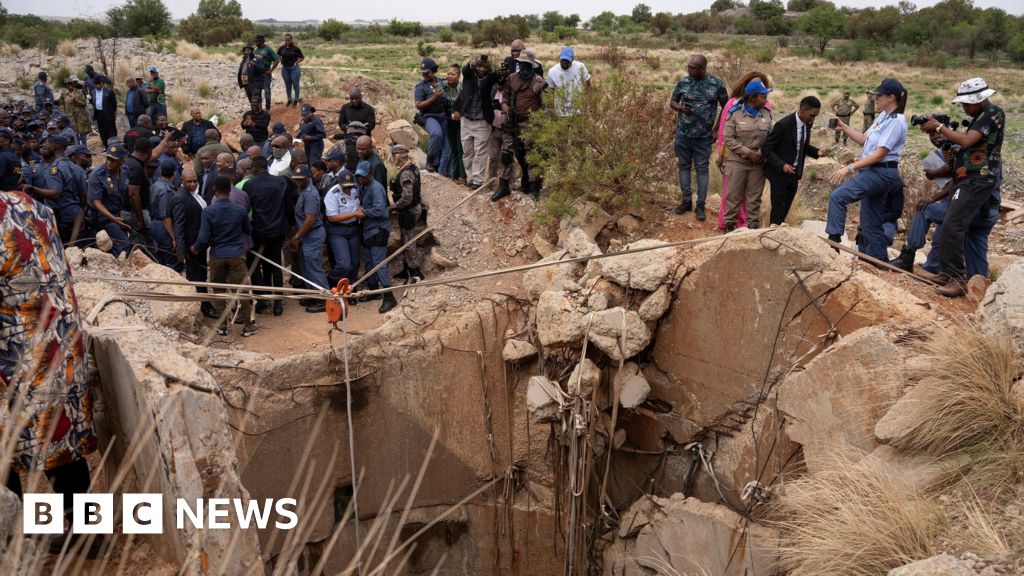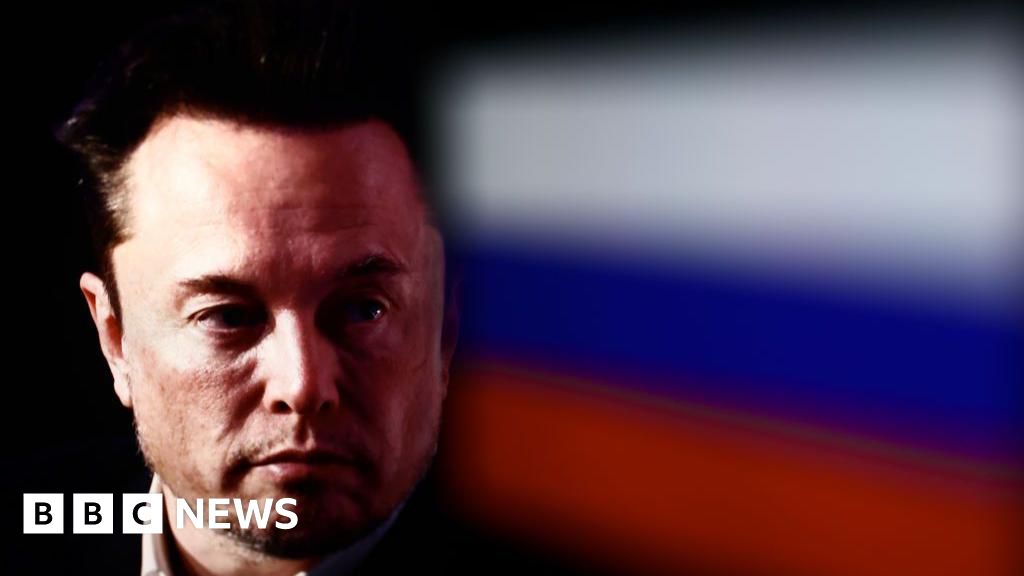ARTICLE AD BOX
The BBC's Steve Rosenberg is in Kazakhstan's capital amid reports of a power struggle fuelling the recent unrest
At least 164 people have died in Kazakhstan during violent anti-government protests, according to media reports citing health officials.
If confirmed it would mark a sharp rise from the previous figure of 44 deaths.
Almost 6,000 people have been arrested, including "a substantial number of foreign nationals", Kazakhstan's presidential office said on Sunday.
The demonstrations, triggered by a rise in fuel prices, turned into huge riots as they spread across the country.
They started on 2 January and grew to reflect discontent at the government and former President Nursultan Nazarbayev, who led Kazakhstan for three decades and is still thought to retain significant influence.
Last week, troops from countries including Russia were sent to Kazakhstan to help restore order.
The presidential statement added that the situation had stabilised, with troops continuing "cleanup" operations and guarding "strategic facilities".
A state of emergency and a nationwide curfew remain in place.
Kazakhstan: The basics
Where is it? Kazakhstan shares borders with Russia to the north and China to the east. It is a huge country the size of Western Europe.
Why does it matter? A former Soviet republic which is mainly Muslim with a large Russian minority, it has vast mineral resources, with 3% of global oil reserves and important coal and gas sectors.
Why is it making the news? Fuel riots, which have escalated to become broader protests against the government, have resulted in resignations at the top and a bloody crackdown on protesters.
In the capital, Nursultan, there are obvious signs that security has been tightened, says the BBC's Steve Rosenberg, with the entrance to the city's Presidential Palace blocked.
There is a growing suggestion, our correspondent adds, that the recent violence is linked to a power struggle within Kazakhstan's ruling elite.
Some 103 fatalities in the latest violence were reportedly in the main city, Almaty.
The security forces said they killed rioters in Almaty while trying to restore order and that protesters had tried to take control of police stations in the city.
President Kassym-Jomart Tokayev said "20,000 bandits" had attacked Almaty and that he had told security forces to "fire without warning".
On Saturday, Kazakh authorities said the country's former intelligence chief Karim Massimov had been arrested on suspicion of treason. They gave no further details.

 2 years ago
20
2 years ago
20








 English (US)
English (US)